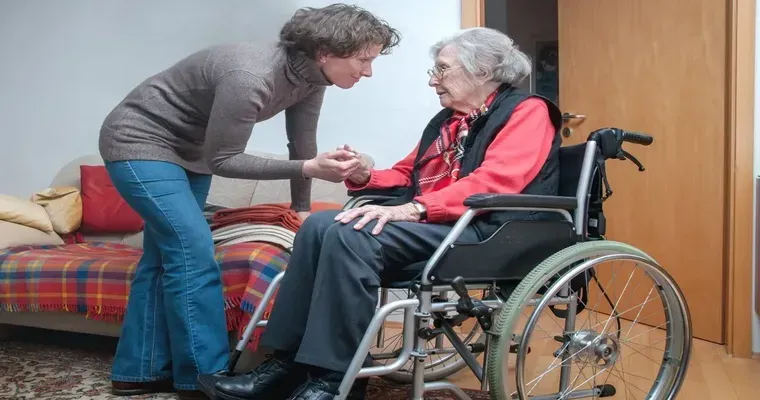Are you considering relocating to the "Philippines" and wondering if you can bring your "caregiver" with you? This question is common among expatriates who rely on professional assistance for daily activities. Understanding the "visa requirements", "immigration laws", and specific regulations regarding caregivers in the Philippines is essential for a smooth transition. In this article, we will explore the options available for bringing your caregiver along during your move.
Understanding Visa Options
When relocating to the Philippines, the first step is to determine the appropriate "visa" category for both you and your caregiver. The Philippines offers several visa options, including tourist visas, work visas, and special resident visas. If your caregiver is going to provide services for you in the Philippines, they may need to apply for a "work visa". This process may require sponsorship from you as the employer.
Employment and Work Permits
To legally employ a caregiver in the Philippines, you must ensure that they have the necessary "work permits". The "Department of Labor and Employment (DOLE)" in the Philippines outlines specific requirements for foreign workers. Your caregiver will need to secure an "Alien Employment Permit (AEP)", which allows them to work legally in the country. The application process typically involves submitting documentation that includes proof of employment and a valid visa.
Health and Safety Regulations
It is also crucial to consider the "health and safety regulations" in the Philippines. Ensure that your caregiver is up to date on vaccinations and health checks, especially if they will be providing care for individuals with specific health needs. Familiarizing yourself with local healthcare facilities and services can also be beneficial for both you and your caregiver.
Cultural and Language Considerations
Moving to a new country involves adapting to different "cultural" norms and possibly a new language. While many Filipinos speak English, being aware of local dialects and customs can enhance communication between you and your caregiver. Encouraging your caregiver to learn about Filipino culture can help them integrate better into their new environment.
Legal Considerations
Lastly, it is important to consult with a legal expert or immigration consultant familiar with the "Philippines" immigration laws. They can guide you through the process of bringing your caregiver with you and ensure that all legal requirements are met. This will help avoid any potential issues that could arise during your relocation.
Conclusion
Moving to the Philippines can be an exciting adventure, and bringing your caregiver along can provide you with the support you need during this transition. By understanding the "visa options", work permits, health regulations, cultural considerations, and legal requirements, you can make informed decisions that facilitate a smooth relocation process. Always remember to consult professionals to ensure compliance with all local laws and regulations. With the right preparation, you and your caregiver can enjoy a fulfilling life in the beautiful Philippines.





